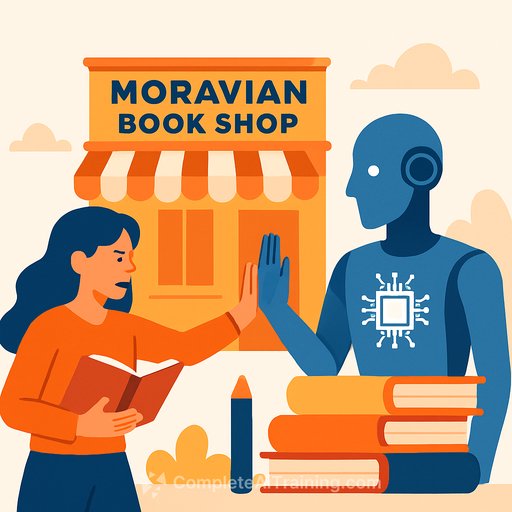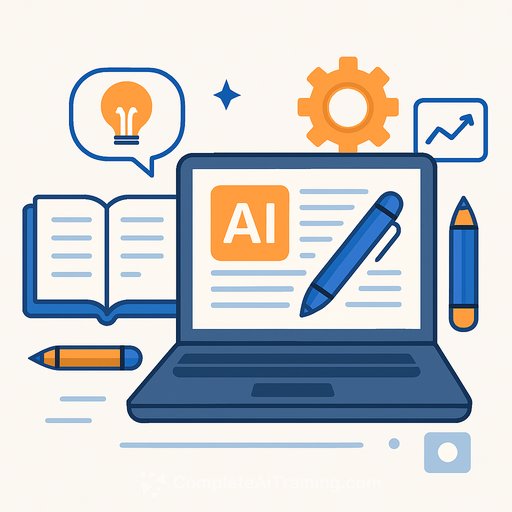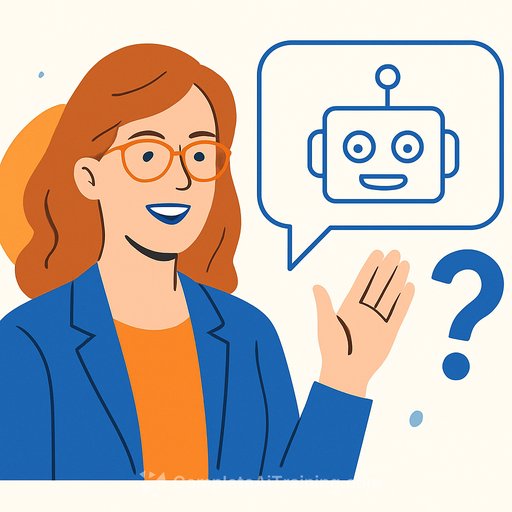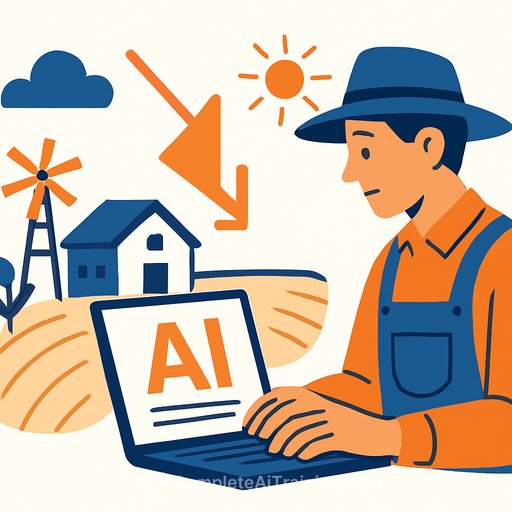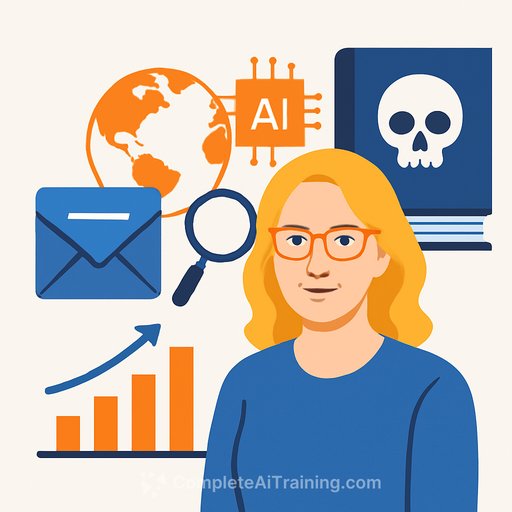Moravian Book Shop Takes a Stand Against AI-Created Books
The Moravian Book Shop in Bethlehem, Pennsylvania, has made a clear choice: it will not support books created with artificial intelligence. This includes AI-generated content and covers. The bookstore announced on social media that it will neither host signings for nor sell books involving AI in their creation process.
"We will not host book signings or sell your book if it was made with AI (book covers included)," the store stated. "We do not support the use of AI replacing creative jobs in this industry."
Why This Matters for Writers
For writers, this is a significant message. The Moravian Book Shop is emphasizing the value of human creativity and craftsmanship. Trade Manager Gail Schoepple explained that the decision came after encountering local authors using AI-generated images and covers.
"I always knew that's not something I wanted to support," Schoepple said. "So we decided not to bring those books in. When it happened again, I made the post to prevent wasting time for authors and for me."
This policy highlights a broader concern for writers: the potential devaluation of creative work when AI shortcuts are used. Supporting genuine human artistry remains a priority for this bookstore.
AI’s Current Limits: Lack of Human Creativity
Pedro Robles, a professor at Penn State Lehigh Valley who has studied AI for years, points out that AI-generated writing still falls short of true human creativity. He describes AI writing as mechanical and somewhat detached.
"AI likes to write in a way that loses the human touch," Robles said. "It has its own style, but developers are still working on it."
Robles also warns that businesses considering AI as a replacement for human jobs may be rushing. The technology is not yet able to fully match human skill in many creative areas, including writing.
Business Risks of AI-Generated Content
From a business standpoint, Robles understands why bookstores and publishers might reject AI-generated works. If the quality of published material declines due to AI, the perceived value of their offerings could also drop.
"If they start publishing AI-generated papers or books, their value starts dropping," he said. "Bookstores don’t want to sell books that aren’t human-written anymore."
Protecting Creative Jobs and Local Talent
Schoepple shared that although she hasn’t encountered authors using AI for writing yet, the trend worries her. She finds it discouraging when people choose cheaper AI shortcuts over supporting human creatives.
"Creative jobs are not very valued nowadays," she said. "People’s livelihoods depend on this craft. We want to see it thrive, even if it costs more and takes longer."
Local authors have responded positively to the bookstore’s stance. Existing books by authors who did not use AI will remain available, but new AI-involved works will not be accepted.
A Call to Keep the Craft Alive
Schoepple urges writers and publishers to resist the lure of AI-generated shortcuts and to invest in real human creativity.
- Support local artists and writers.
- Value the time and skill involved in creative work.
- Choose quality and authenticity over convenience.
"Even though it’s harder and more expensive, keep the craft alive and don’t rely on technology for an easy out," she said.
For writers interested in learning how AI tools can be used responsibly or understanding the technology better, resources are available at Complete AI Training.
Your membership also unlocks:

